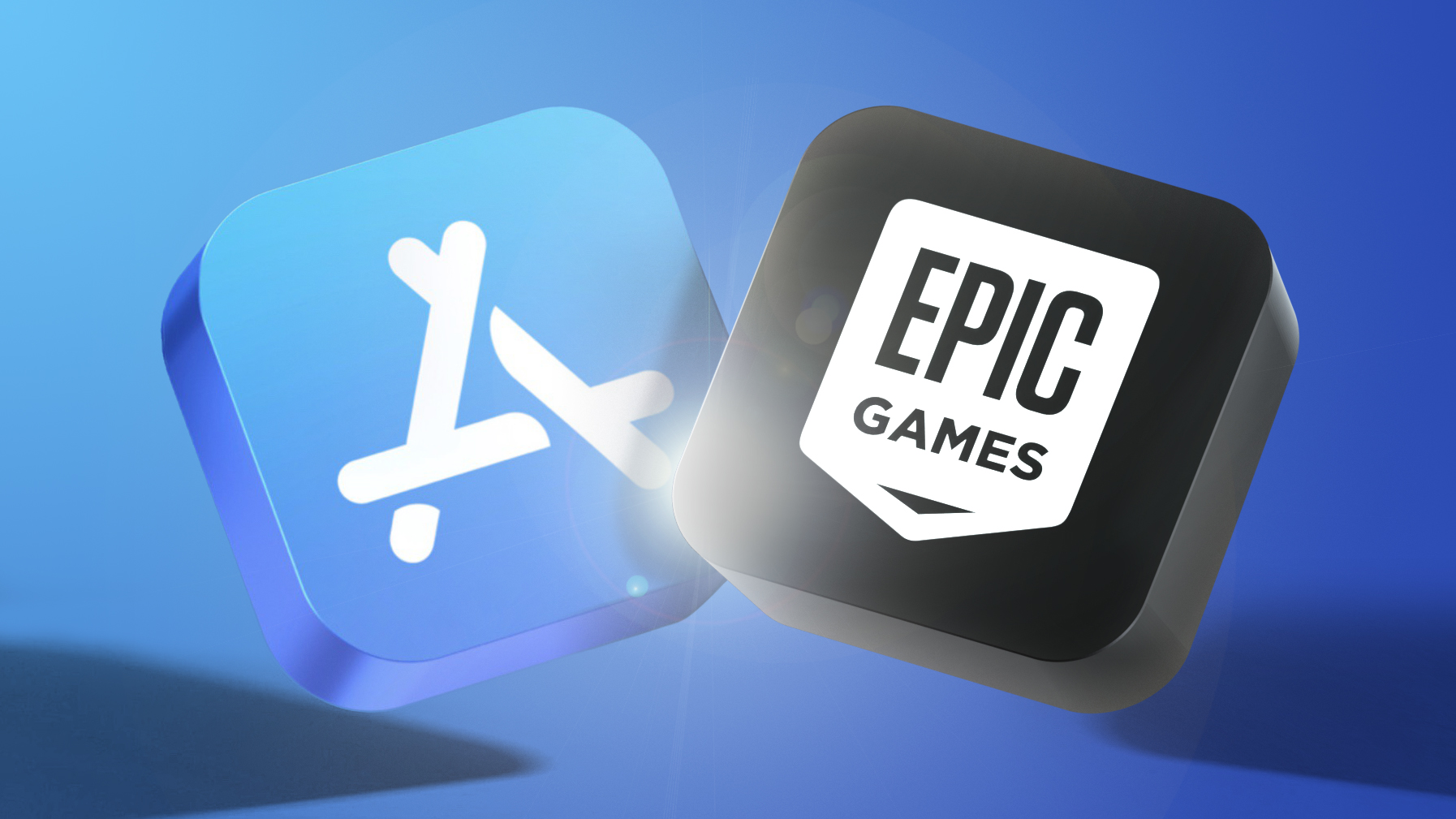
Apple is stifling competition with its monopoly on app distribution through the App Store, attorneys general for 35 states told a California appeals court on Thursday.

The joint statement was submitted into the appeals process that is ongoing following the judge's decision in the Epic v. Apple lawsuit, with the attorneys general siding with the "Fortnite" video game maker on the issue, reports Reuters.
According to the Financial Times [paywalled], the US Department of Justice also challenged last year's ruling, saying in its own submission that the court had "committed several legal errors that could imperil effective antitrust enforcement, especially in the digital economy.""Apple's conduct has harmed and is harming mobile app-developers and millions of citizens," the states said.
"Meanwhile, Apple continues to monopolize app distribution and in-app payment solutions for iPhones, stifle competition, and amass supracompetitive profits within the almost trillion-dollar-a-year smartphone industry."
The DoJ said the court had interpreted the Sherman Act, an 1890 law prohibiting anti-competitive behavior, "narrowly and wrongly, in ways that would leave many anti-competitive agreements and practices outside their protections."
The judge's decision in the Oakland, California case mostly ruled against Epic last year, although both Apple and Epic Games have decided to appeal the original ruling as neither company was satisfied with the outcome. Epic Games wanted the court to force Apple to support third-party App Stores, which did not happen.
U.S. District Judge Yvonne Gonzalez Rogers ruled that the 15% to 30% commission that Apple charges some app makers through its in-app payment system did not violate antitrust law.
Along with the states, professors and activist groups also weighed in through court filings that described legal arguments in support of Epic, according to Reuters.
The states said in their filing that the lower court erred when it decided that a key antitrust law did not apply to non-negotiable contracts Apple makes developers sign, a claim Epic also made when it first filed its appeal earlier this month.
Apple, which is expected to reply in March, said on Thursday it was confident Epic's challenge would fail, and that it remained "committed to ensuring the App Store is a safe and trusted marketplace for consumers and a great opportunity for developers.""Paradoxically, firms with enough market power to unilaterally impose contracts would be protected from antitrust scrutiny — precisely the firms whose activities give the most cause for antitrust concern," they said in the joint statement.
Article Link: Epic vs. Apple Takes a Twist As 35 US States and Department of Justice Weigh in to Back 'Fortnite' Maker
Last edited:

